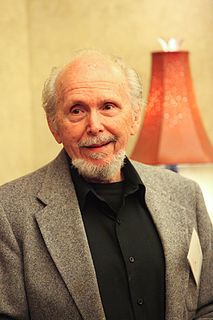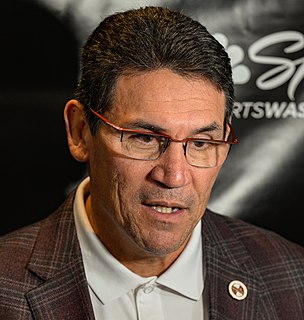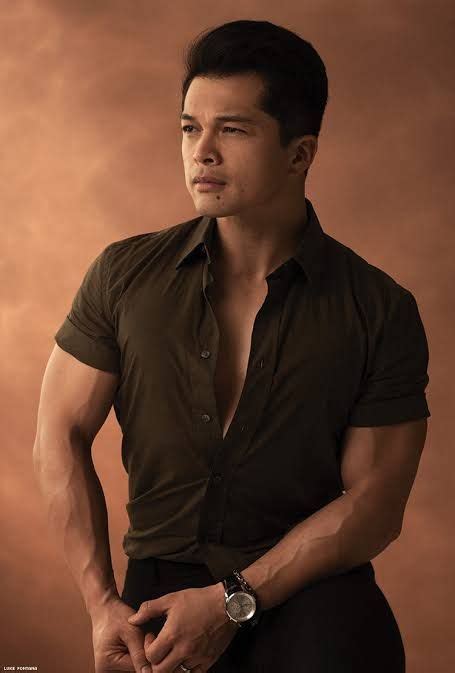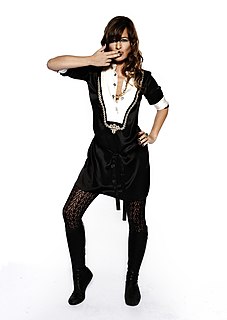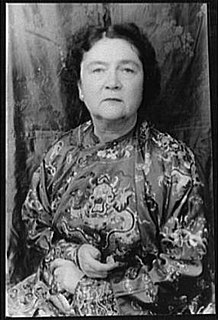A Quote by Eytan Fox
In Israel, it always meant - and a lot of that is still true - there was only one kind of man you could be, there were no alternatives, no options. If you were from a good family, you were supposed to be a successful soldier at 18 and be strong, and prepared to protect your wife and family, or family and children, and be prepared to die for your country.
Related Quotes
They would always be a family, but if she'd learned anything in the past few weeks it was that a family wasn't a static thing. There were always changes going on. Like with continents, sometimes the changes were invisible and underground, and sometimes they were explosive and deadly. The trick was to keep your balance. You couldn't control the direction of your family any more than you could stop the continental shelf from breaking apart. All you could do was hold on for the ride.
Perhaps what is really being proposed by the Evangelical fundamentalists is a return not to the 1950s family but to the family of biblical days. The Old Testament is clear that this was a strong patriarchal family. Men were permitted several wives and concubines. Children were legitimately conceived by these concubines outside of marriage. . . . Is this the Evangelical's idea of an ideal family?
After Mickey passed, I was talking to my mom on the phone. She was talking about how we were such good brothers and we were so close. And I said, 'Mom, think about how we were raised. We were a military family. And in a military family, because you move around so much, your best friends and your first teammates are your brothers or your sisters.'
[I]n Africa I was a member of a family—of a sort of family that the people of your culture haven't known for thousands of years. If gorillas were capable of such an expression, they would tell you that their family is like a hand, of which they are the fingers. They are fully aware of being a family but are very little aware of being individuals. Here in the zoo there were other gorillas—but there was no family. Five severed fingers do not make a hand.
Your first family is your blood family and you always be true to that. That means something. But there's another family and that's the kind you go out and find. Maybe even by accident sometimes. And they're as much blood as your first family. Maybe more so, because they don't have to look out for you and they don't have to love you. They choose to.
I was raised in a dominantly Filipino family. I didn't know I was 'mixed' until I got older and started asking questions about my grandparents, the origins of our middle and last names. We were kind of textbook Pinoys. A lot of the Filipino stereotypes that were joked about by me and my friends rang very true with my family.
What is family? They were the people who claimed you. In good, in bad, in parts or in whole, they were the ones who showed up, who stayed in there, regardless. It wasn't just about blood relations or shared chromosomes, but something wider, bigger. Cora was right - we had many families over time. Our family of origion, the family we created, as well as the gorups you moved thorugh while all of this was happening: friends, lovers, sometimes even strangers. None of them were perfect, and we couldn't expect them to be. You couldn't make any one person your world. The trick was to take what each could give you and build a world from it.
You know, people see [August: Osage County], and I tell them that it's based on my family, and they assume that I came from some kind of horrible, hysterical circumstances. That's not true. My family, my nuclear family, was actually very close. My mom and dad were great parents and they encouraged a real rich, creative life for me and my brothers. My extended family, like every family, has some darkness, and some violence of some kind, emotional or otherwise, in their past.




